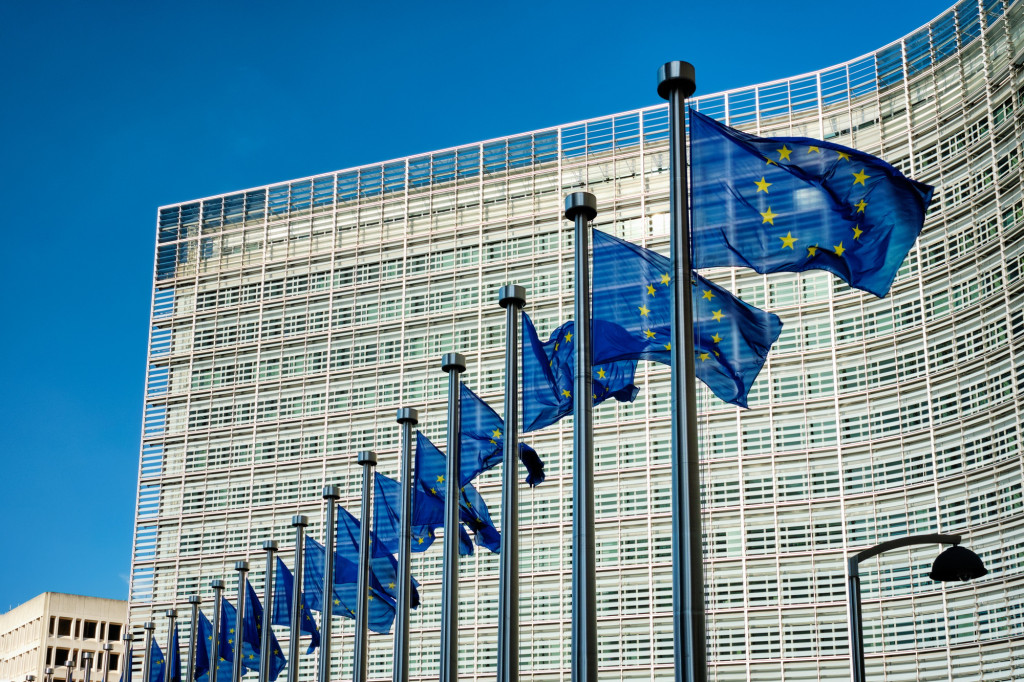European Commission propose new regulation to ease compliance for small mid-cap firms
By amending these texts, the European Commission aims to simplify compliance obligations for companies that fall just outside the SME category but still face significant administrative burdens under current rules.

The European Commission has unveiled a legislative proposal aimed at extending key regulatory relief measures, traditionally reserved for small and medium-sized enterprises (SMEs), to a broader category of firms known as small mid-caps. This initiative, introduced by the European Commission on 21 May 2025, is part of a continued effort to foster competitiveness, innovation, and sustainable growth across the EU’s economic landscape.
The proposed regulation targets six major legislative frameworks: the General Data Protection Regulation (GDPR), the trade defence instruments (Regulations EU 2016/1036 and 2016/1037), the Prospectus Regulation (EU 2017/1129), the Batteries Regulation (EU 2023/1542), and the Packaging and Packaging Waste Regulation (EU 2024/573). By amending these texts, the European Commission aims to simplify compliance obligations for companies that fall just outside the SME category but still face significant administrative burdens under current rules.
According to the explanatory memorandum accompanying the proposal, mid-sized enterprises play a vital role in job creation and economic resilience, yet often lack the legal and financial capacity of larger corporations to navigate complex EU regulations. The new measures would allow these companies—defined by specific thresholds in staff numbers, turnover, and balance sheet total—to benefit from mitigated requirements, such as simplified reporting, reduced fees, and streamlined procedural obligations.
In the case of the GDPR, the adjustments could involve less intensive documentation and data protection impact assessments for small mid-caps that demonstrate limited data processing risks. For the trade defence and prospectus rules, the reform would ease the burden of administrative and evidentiary requirements, especially in cross-border activities and capital markets.
Importantly, the proposal does not seek to compromise environmental or consumer protections. In areas such as batteries and packaging, the simplifications would be carefully calibrated to ensure continued alignment with the EU’s sustainability goals, particularly the European Green Deal.
This legislative step also reflects a broader policy trend within the EU: prioritising proportionality and reducing red tape for businesses that contribute substantially to economic dynamism but often struggle under the weight of full-scale regulatory compliance. By drawing a clearer distinction between large multinationals and small mid-caps, EU institutions hope to nurture a more agile and inclusive business environment.
The proposal is now subject to discussion and adoption by the European Parliament and the Council under the ordinary legislative procedure. If passed, it will mark a significant recalibration of how EU law is applied across different enterprise scales—one that could shape the regulatory landscape for years to come.


